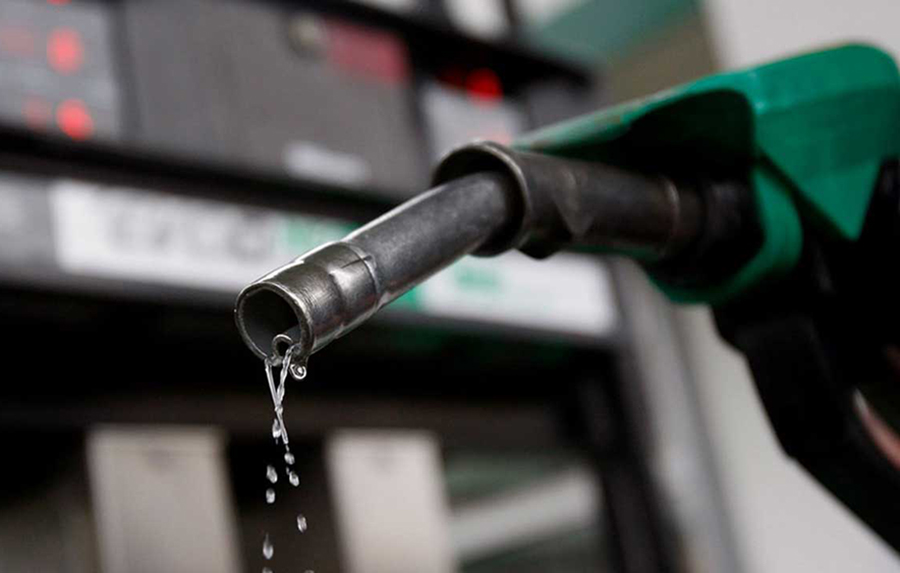“There is no fuel subsidy anymore in Nigeria. It is zero subsidies forever. Going forward, there would be no resort to either fuel subsidy or under-recovery of any nature. NNPC will play in the petroleum marketplace, just like another marketer in the space,” – Mele Kyari, GMD NNPC, April 7th, 2020
Stepping back from the subsidy debate, it is important to clarify what the main issues in the debate are.
Is there a subsidy paid on imported PMS? Yes, Subsidy is pricing. Paying a subsidy on imported PMS means the Nigerian Federation (not just FGN) pays a part of your fuel cost. Removing subsidy means you the buyer pays all the fuel costs. Deregulation means that fuel “cost” is not decided by the FGN but by the seller. Today, May 2019, Oil prices are low, thus no need for the Federation to pay a part of your fuel bill, so no subsidy on imported PMS on retail price.
Download the News App
However, the NNPC GMD also said, “But we (NNPC) will be there for the country to sustain the security of supply at market price.” Translation? NNPC will keep importing PMS and there is no deregulation, the FGN will still fix “market prices”
What is subsidizing? The landing cost of petroleum products? Yes, but we are also subsidizing the infrastructural inefficiency of the government, e.g. demurrage arising from having limited offloading ports in Nigeria.
(READ MORE: NNPC reduces fuel price to N108 per litre)
The subsidy is not the problem, there is nothing wrong with subsidies. A government subsidy should be a tax cut to the poor, the vulnerable, and the economically backward. However subsidizing fuel imports is simply subsidizing imported consumption, while creating jobs outside Nigeria. So, subside local refining not imported fuel. This creates another problem. The subsidized locally refined petrol can find its way to Cameroon, Benin Republic even Senegal.
The only way to cut down the cost of paying subsidies is to reduce the cost of petroleum products, and the way to do so is to refine locally. To refine locally means that refining companies can buy crude oil forward contracts to feed their refineries. To open the crude buying process is to pass the PIB.
The PIB as originally drafted would allow a transparent and measurable process of ownership of the Nigerian petroleum assets. With the PIB regime, it is possible for a refinery to buy crude oil in advance, at a price it can negotiate with private crude supplies to feed its refinery stock. So long term, passing the PIB encourages local refineries. More local refineries will eradicate the need to import fuel and pay subsidy on “inefficiencies”.
The original PIB drafts also proposed certain new directions as below:
- PIB created a commercially viable National Oil Company, restructures the NNPC from a government-run entity into a private one that can raise private capital and not rely on FGN “cash calls”. By these, NNPC would sell 30% of its shares to the Nigerian public within 6 years. The Nigerian Gas Company would sell 49% of its shares to the Nigerian public.
(READ MORE: Crude oil prices drop, geopolitical tension deepens)
- Created a new fiscal regime where royalties and taxes due are based on production, not terrain, and investment. Thus, Nigeria earns more when the International Oil Companies (IOCs) produces more.
- It introduced Company Income Tax to the industry. IOCs will have to incorporate in Nigeria as a company and pay 30% CIT and 50% Nigerian Hydrocarbon Tax based on rents and royalties. Both must be paid; one tax cannot be set off against the other.
- The PIB prohibition on flaring of natural gas beyond a “flare out date”. This is good for the environment and forces the IOCs to invest in Gas projects rather than burning it into the atmosphere.
- PIB has a relinquishing provision where oil blocks not utilized are reverted to the FGN for reallotment. This will free up acreages tied up by the IOC.
- The Production Sharing Contracts signed by Nigeria with the IOCs in 1993 was based on $20 a barrel. PIB allows Nigeria to review those terms and earn more.
Pass the PIB, this removes the need, in the long term, for the payment of subsidies
It is our problem, we can fix it.
